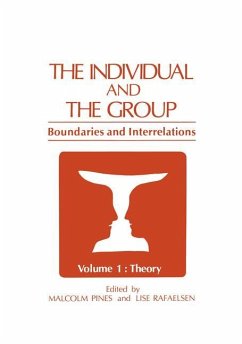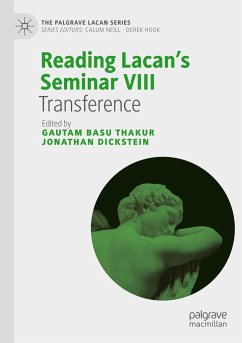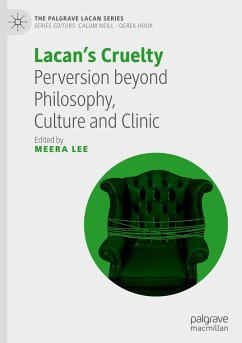
The Individual and the Group
Boundaries and Interrelations Volume 1: Theory
Herausgegeben: Pines, Malcolm

PAYBACK Punkte
20 °P sammeln!
Malcolm Pines and Lise Rafaelsen The Seventh International Congress of Group Psychotherapy organized in Copenhagen by the International Association of Group Psychotherapy was one of the largest and most representative congresses on this subject that has yet been held. Probably for the first time we achieved the declared aim of the International Association: that of bringing together representatives of the different approaches to group psychotherapy in the same forum to allow for communication, exchange, and development of our relation ships. Previous congresses have been less representative an...
Malcolm Pines and Lise Rafaelsen The Seventh International Congress of Group Psychotherapy organized in Copenhagen by the International Association of Group Psychotherapy was one of the largest and most representative congresses on this subject that has yet been held. Probably for the first time we achieved the declared aim of the International Association: that of bringing together representatives of the different approaches to group psychotherapy in the same forum to allow for communication, exchange, and development of our relation ships. Previous congresses have been less representative and it seems to augur well for the future of the Association and of it's congresses that there was this strong force and wish for unification and for exchange within the field of group psychotherapy. The Congress theme, "The Individual and the Group: Boundaries and Interrelations in Theory and Practice" was chosen because it gave an opportunity once again to examine the very basis for group psycho therapy as theory and as practice. The basic theme, stated in the opening papers by Professor Marie Jahoda and Professor James Anthony, was replayed daily with new developments and variations according to the theoretical position of each subsequent speaker.














